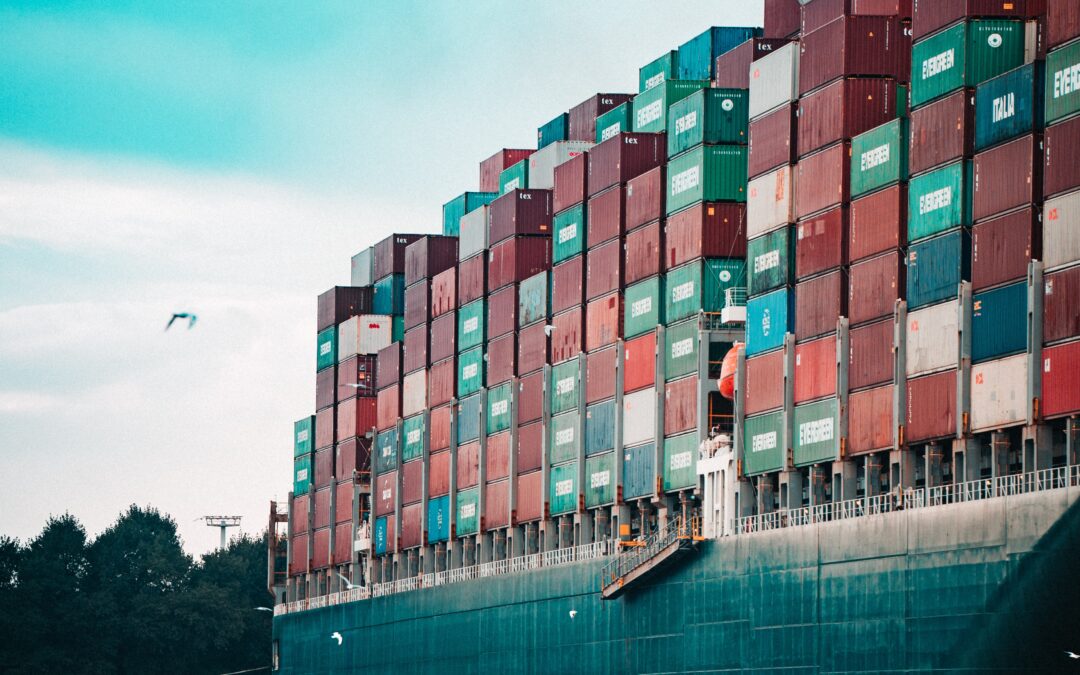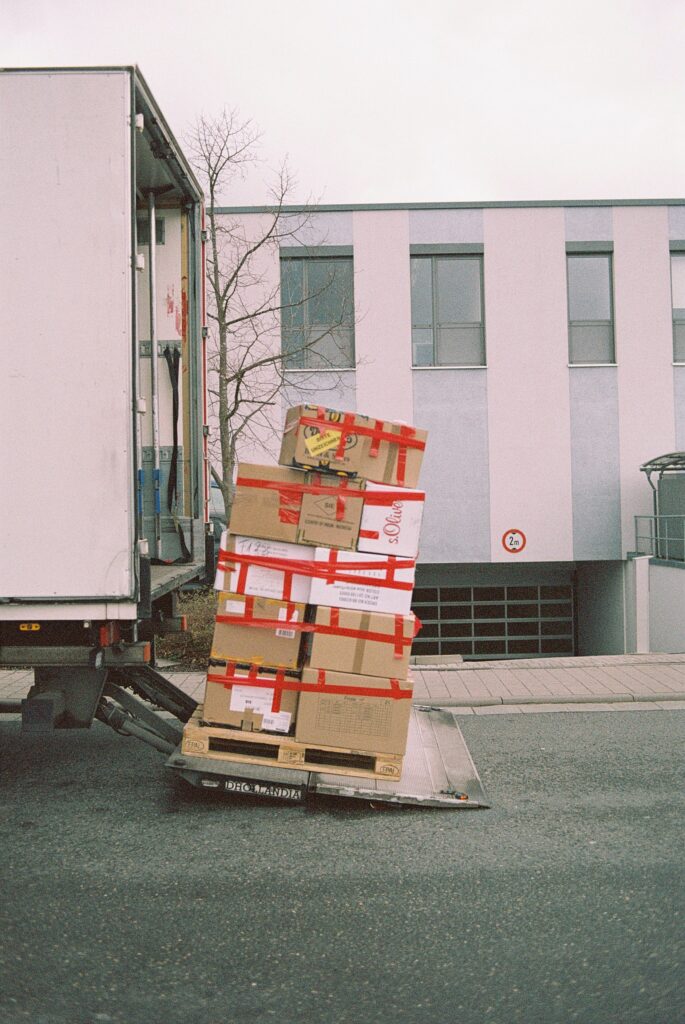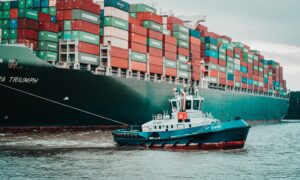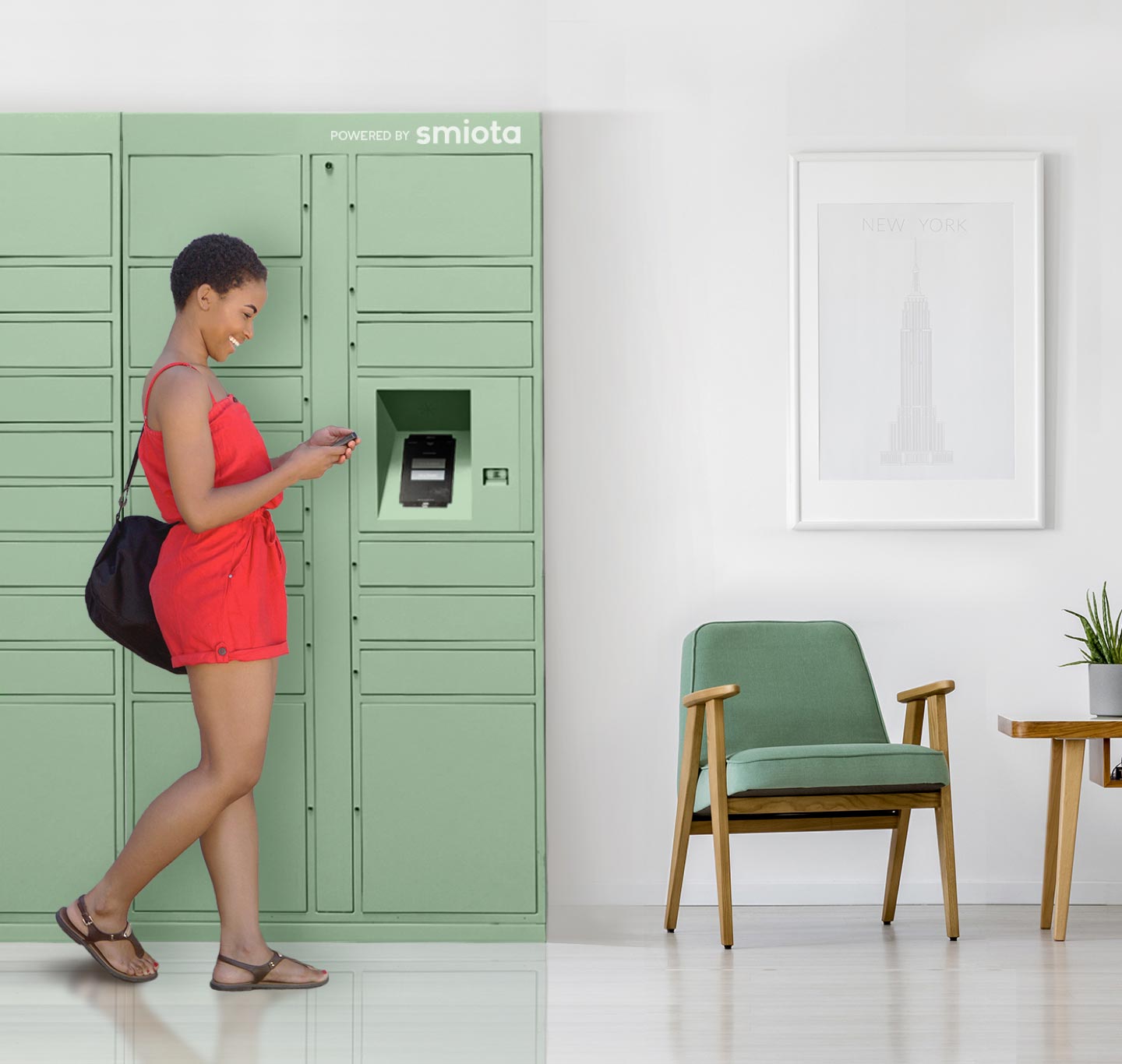Post-covid is certainly a polarizing term. While many of us are desperate to move on from social distancing, masks, and never-ending vaccine discussions on NPR, the reality is, of course, that our health system is buckling under the unrelenting pressure of the pandemic and the omicron variant is ripping through communities and wreaking havoc and heartbreak in its wake. Many experts exasperatedly explain in real-time that we are very much in the weeds of this pandemic still, even if popular opinion and behavior indicate otherwise.
We have been living, adjusting, and shifting for the last two years in response to the domino-like crises that have transpired. This is especially true in the shipping industry, where supply chains have stopped, started, halted, and flowed to varying degrees of success and failure – sometimes leaving workers stranded at sea, while desperate consumers await delayed deliveries. It’s been a mess, but we’ve learned a lot.
When we talk about COVID, we need to be realistic that this viral disease continues to shape our societies and our systems – and will probably do so for years to come. Of course, this is a massive challenge, but it is also an opportunity and invitation to make sustainable progress towards improving our shipping systems for the year to come.
So today we are going to look at the “post-covid” shipping lessons and take-aways for 2022.
Efficient Technology Systems
We all saw how efficient or inefficient technology systems could make or break a supply chain over the course of these past years.
And as it turns out, the “last mile problem” has long been a challenge that has plagued companies and delivery professionals even before a pandemic further exacerbated disruptions. We’ve learned that more people than ever depend on eCommerce and delivery. We’ve learned that package theft is on the rise. We know that students face hunger and that mailrooms across the country are overwhelmed.
So, what’s the takeaway? Smart technology improves systems and increases efficiency.
Forward-focused technology systems that increase efficiency for businesses and delivery professionals and also increase accessibility for consumers is a big double win. This can be an especially powerful outcome in scenarios that relate to pharmacy and prescription pick-ups, food distribution, and communal living units such as dorms and multi-family apartments. Technology such as smart lockers has minimized wait time, utilized near-instantaneous notifications, and provided safe and secure storage to eliminate porch and package theft.
It may seem like a small link in the macrocosmic chain of global supply chains, but the lesson has hit home again and again – the little things make a big difference for individuals. With efficient systems ensuring our connections and the reliability of those connections, we are that much stronger and prepared for whatever is around the corner.
Emphasis On Human Rights And Ecological Sustainability
During the COVID crises, we also witnessed a breath-taking shift in consumer and worker expectations around human rights and ecological sustainability. Perhaps this is because people were often spending more time on their phones, or maybe it’s because a global pandemic really put things in perspective for many folks.
Whatever the case, there is a growing sentiment in our societies around improving working conditions for various professionals in industries such as shipping and delivery. Additionally, in many communities, people want to make the ecologically-conscious choice and expect companies to provide that option. Much of this pressure is mobilized through social media – but the business sector is shifting narratives, practices, and expectations as a result.
As we look forward to 2022 and beyond, these factors have to be at the forefront of our minds. Unsurprisingly, it relates back to improved and efficient technology systems within the shipping industry. With improved technology, workers’ time can be better utilized and better portioned. Companies can save time and resources to instead improve benefits and sustainability practices.
By partnering an approach to systems improvement with greater awareness and emphasis on responsible practices, businesses (and especially shipping businesses) will be better prepared to weather the storms that may arise on the horizon.
More Change To Come
Ultimately, if we’ve learned anything, it’s that things change. Sometimes that change is fast, sometimes it is exceedingly, painfully slow. It happens in the legislature and (more often) happens between people. With the increased polarization and political circus that surrounds us, it can be difficult to hang onto this most predictable and still unpredictable factor.
In the midst of this change – whatever speed it takes – there are plenty of ethical aspects to consider within the shipping industry: people are dependant on a shipping industry that connects them to the global supply of goods. In many instances, this is very much a life-and-death exchange. When it comes to shipping lessons and takeaways for the future, we have to combine commerce with our shared humanity. With efficient technology such as smart lockers, we have the potential to improve and strengthen both going forward – hopefully into that “post-covid” period we all so desperately need.






